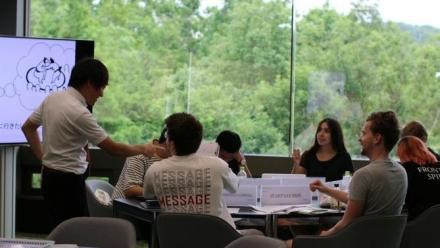Up until this point which is the mid-term for a Global BBA course (Week 4, right in the middle of the 7 Weeks), students have started with an introduction to politics and what they represent, following with the concepts of the electoral systems and political parties. These concepts are interconnected between the government and the governed societies. Similarly, interest groups share parallel origins with parties which also impact the policy and the action of the government. However, political parties are concerned with winning elections, while interest groups pay attention to the distinct positions. The Week 4 of the Politics course focused on the theme of Groups, Interests and Movements, and students learned yet another type of power that has the capability to influence and even overturn governments: social movements.
In today’s class, students went through a case regarding the recent uprisings in Tunisia and Egypt. To begin the discussion, students analyzed the problems that have caused much frustration amongst the population, which ultimately led to the uprisings and their spread. Students were then guided by Dr. Maekawa to examine what the interest groups tried to achieve and their impact on decision making. The class ended with a general discussion of the potential roles of interest groups (such as business groups, labor groups, discontented citizens, etc. just to name a few) on the government’s actions, policy-making and policies.

 Download
Download
 Infosession
Infosession
 Application
Application
 Open Campus
Open Campus




























